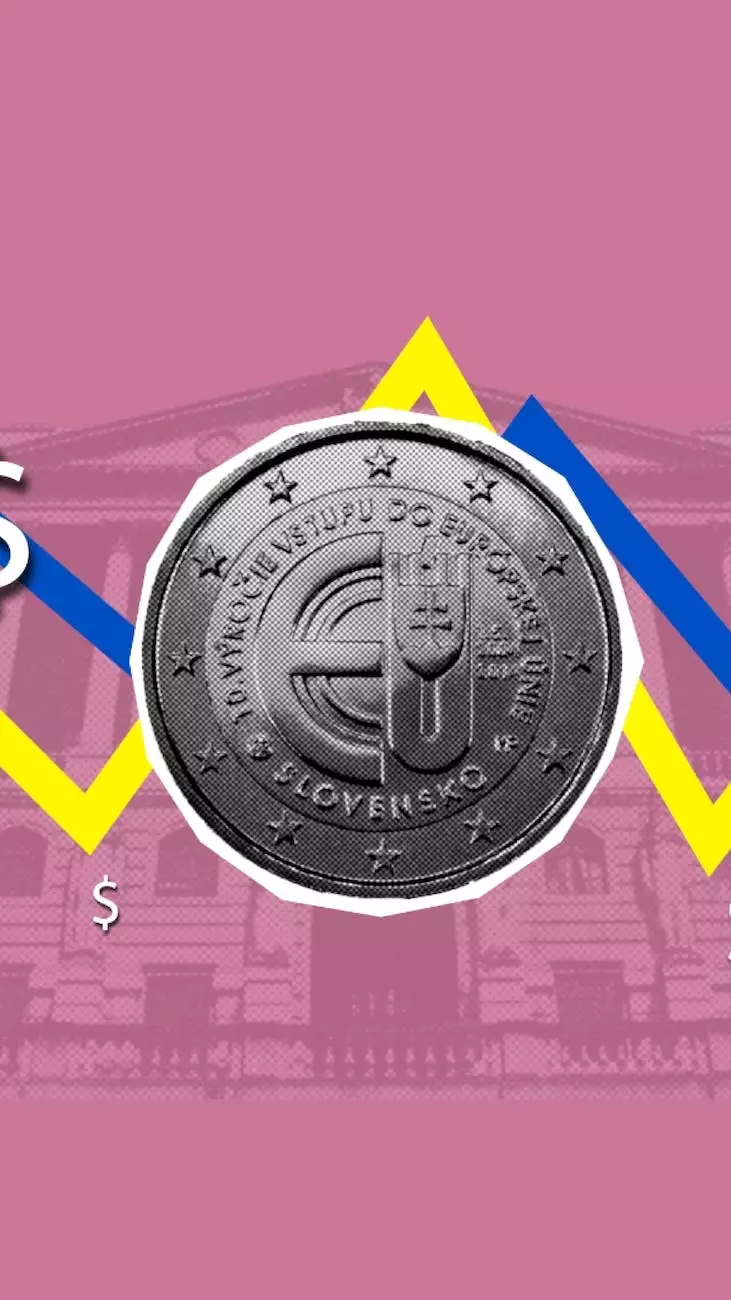English Lesson: Take, Cost, & Spend
English Grammar Lessons
Introduction
Welcome to NJCLT's comprehensive English lesson on the verbs take, cost, and spend. In this detailed guide, we will dive deep into these three important verbs and explore their various uses, nuances, and common mistakes.
1. "Take" - The Versatile Verb
When it comes to English verbs, "take" is a true powerhouse. Its versatility allows it to be used in a wide variety of contexts, making it essential to grasp its different meanings. Whether you want to talk about physical actions, abstract concepts, or even preferences, "take" has got you covered.
One of the more common uses of "take" is to express the act of physically grabbing or holding onto something. For example, "She took the book from the shelf" or "He took my hand when we crossed the road."
Moreover, "take" can also be used to convey the idea of receiving, accepting, or acknowledging something. For instance, "I will take your suggestion into consideration" or "They took my advice and succeeded on their project."
Additionally, "take" can be used metaphorically to describe emotional reactions or the capture of certain feelings. For instance, "Her words took my breath away" or "The movie takes you on an emotional rollercoaster."
2. "Cost" - The Price We Pay
When discussing expenses and prices, the verb "cost" takes center stage. It helps us convey the monetary value required to obtain a certain item or experience. Understanding how to use "cost" correctly is crucial in everyday conversations, negotiations, and financial planning.
"Cost" is most commonly used in the present tense to express the current price of an item. For example, "The shirt costs $50" or "How much does this car cost?"
In addition to the present tense, "cost" can be used in the past and future tenses as well. For example, "The concert tickets cost $100 last year" or "The renovations will cost us a significant amount."
It is worth noting that "cost" can also be used metaphorically to describe the consequences or sacrifices associated with a particular action. For instance, "His mistake cost him his job" or "The decision might cost us our friendship."
3. "Spend" - Managing Time and Money
When it comes to utilizing time and money, the verb "spend" becomes crucial. Whether we are talking about investing our resources or simply allocating them, understanding the usage of "spend" will greatly enhance your ability to express yourself effectively.
"Spend" is primarily used to convey the outlay of money or the utilization of time. For instance, "She spends $100 on groceries every week" or "He spends two hours studying every day."
Furthermore, "spend" can be paired with different prepositions to indicate how the time or money is being used. For example, "She spends her weekends at the beach" or "He spends his money on luxury items."
It is important to note that "spend" can also be used in non-literal contexts, where it refers to the consumption or utilization of anything beyond money and time. For instance, "He spends his energy on volunteering" or "She spends her life traveling the world."
Conclusion
Congratulations! You have gained a comprehensive understanding of the verbs take, cost, and spend. By familiarizing yourself with their various uses and nuances, you are now well-equipped to express yourself confidently and accurately in English.
Remember, practice makes perfect. Don't hesitate to incorporate these verbs into your conversations, writing, and everyday communication. As you continue to use them, you will further develop your language skills and master the subtleties of these essential English verbs.
Thank you for choosing NJCLT as your language learning companion. Happy studying!










